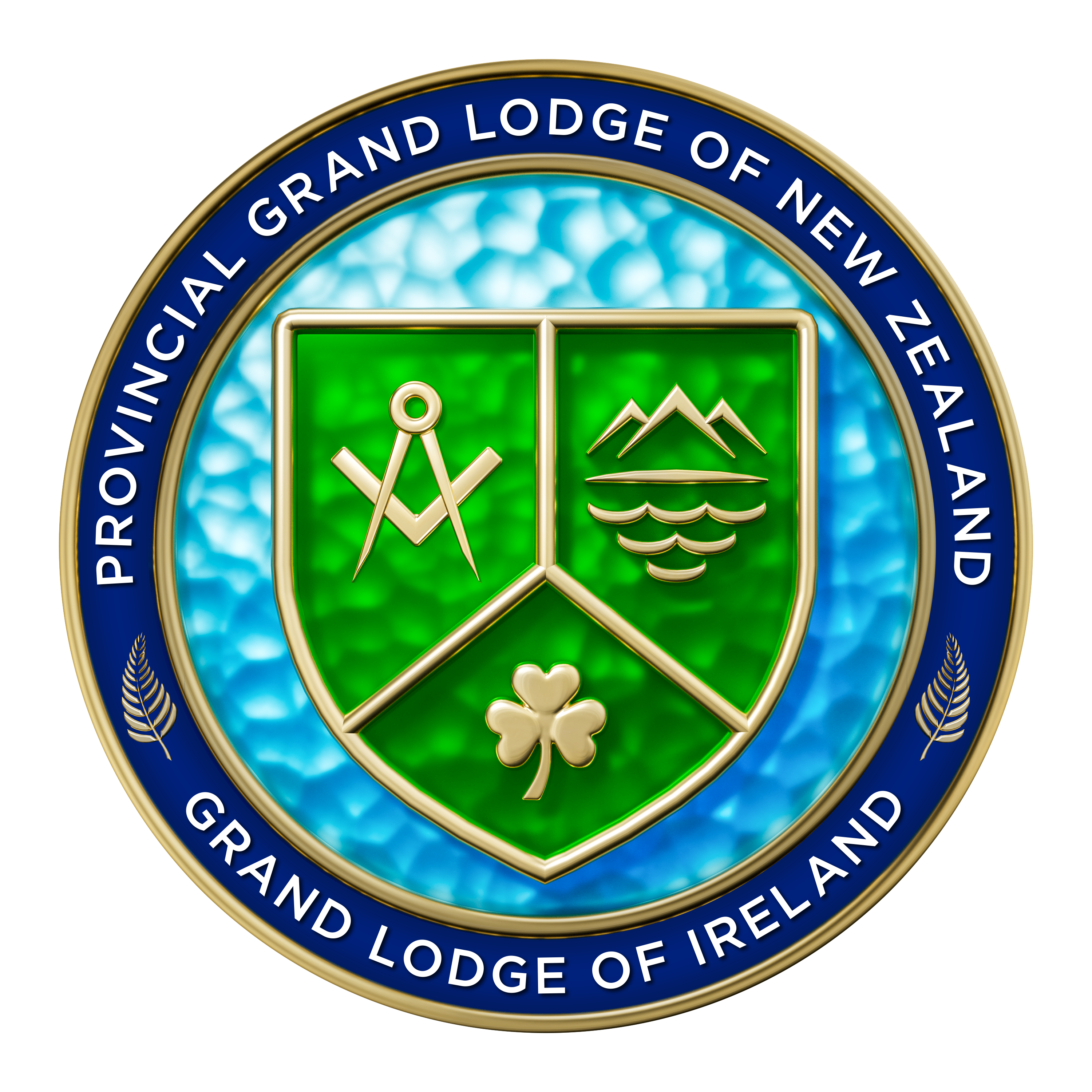
Membership and Secrecy
Masonry is not a secret society, but it is a society with a few secrets. These are very few and are solely concerned with modes of recognition.
They are simply the methods by which a Mason can prove he is a member.
Like many other aspects of Freemasonry, these are traditional. Again for reasons of tradition, modern Freemasonry has retained the means of mutual recognition.
A Candidate, during the degree ceremonies, is required to make a solemn promise, or ‘Obligation’ never to reveal certain matters which are about to be revealed to him. The symbolic ancient penalties for breach of such promises were, however relegated in the last century and to mere historical mention. The membership, meeting places and activities are readily acquired by anyone who is interested enough to ask.
The Laws and Constitutions of Freemasonry are all published and many books on Freemasonry are available in a good public library. Our organisation pays taxes and its headquarters building in Molesworth Street, Dublin, which is less than one hundred meters from the seat of the Irish Government, is open to the public at certain times. Freemasonry is clearly a Society with certain secrets, but cannot be described as a Secret Society with all the connotations which that implies.
The Grand Lodge of Ireland is the supreme authority over all its subordinate Lodges, which are located not only in Ireland, but are also located in Africa, Asia, Australia, India, Jamaica and of course here in New Zealand. It is an entirely independent and autonomous body, however it works in close co-operation with its sister Grand Lodges in England and Scotland and with more than 100 other Regular Grand Lodges throughout the world.


